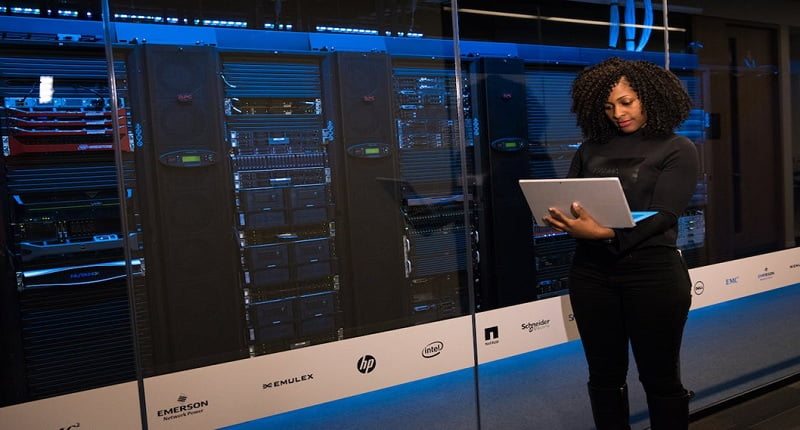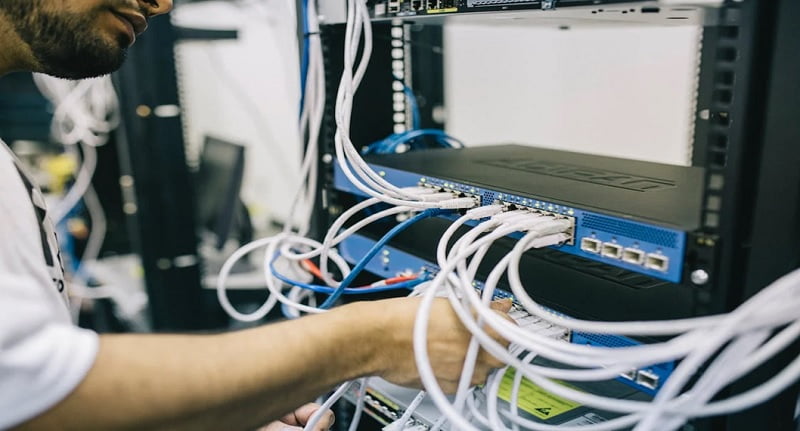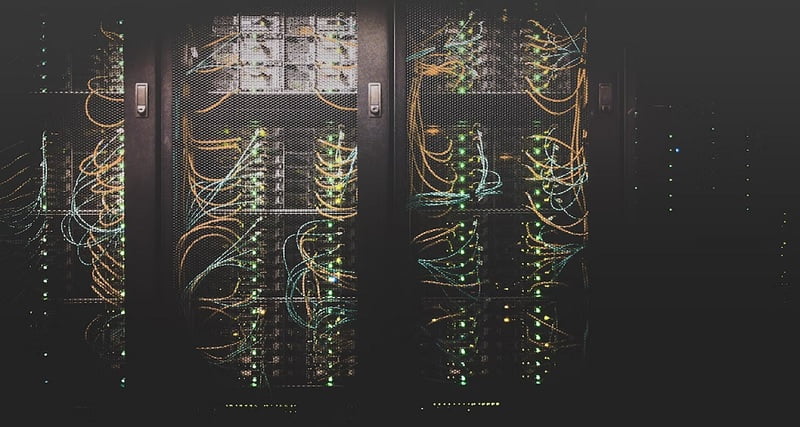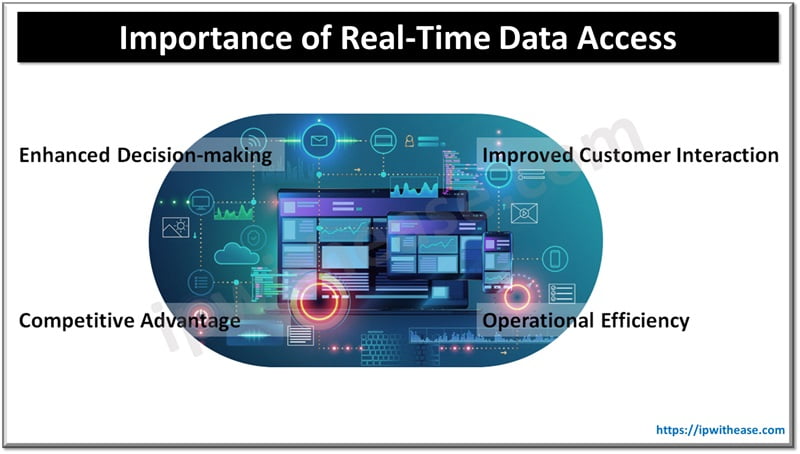Table of Contents
It’s essential for any company to have a reliable server as part of their IT system. Servers can store data, run programs, host websites, and even allow workers to access company resources from afar.
In the IT world, nothing would work without servers. This is why it’s important to make an informed choice when setting up a server infrastructure for your company.
Businesses rely heavily on their servers, yet making the proper decision for their servers can be difficult. Making poor choices in this area might lead to the wasteful purchase of IT equipment that isn’t up to the task, such as servers with more processing power than what is actually required.

Whether you’re updating an old model or purchasing a server for the first time, there are several factors to think about. Our five helpful tips for choosing a server will help you make an informed decision for your company.
Choose Between A Machine Or A Cloud Server
Cloud servers are virtual machines, while physical servers are the actual hardware that runs the server. You can track down a bare-metal server by its physical characteristics in a data center. This distinction may seem trivial, but it’s crucial in the virtualization world. The data center is home to the physical server, which goes by other names such as a dedicated server.
Physical servers are a good option if you need raw power to run resource-intensive programs and large workloads. Budget-wise, it’s also a good option to consider buying a refurbished server, such as a used IBM Power9, instead of a new one.
In contrast, a cloud server is your best alternative if you need a highly adaptable environment at a cheap cost and with a high-availability infrastructure. To save money, for instance, you may swap out your for a server hosted in the cloud if your business is moving toward a highly dynamic workload environment in which performance is not mission-critical.
Choose A Server According To The Size Of Your Business
Identifying which processes will be performed by the server is the first stage in constructing an IT architecture. The infrastructure requirements can be derived from the business’s goals and the technologies it uses. Budget, security, performance, scalability, and adaptability are all important considerations.
Make a plan that includes both immediate and long-term goals. For instance, if you anticipate a doubling of your company’s size within the next two years, you’ll want to account for that. Spending time with management to learn about their expansion plans is an investment that will pay off in the long run. Costs can escalate rapidly when adding extra servers to an in-house data center.
Consider The Maintenance Of Your Servers
If your servers are physically located on your premises, it is your obligation to monitor and repair any malfunctioning components. You should also think about storage, cooling, and electricity. Companies that lack sufficient IT personnel should take on this task with caution. If routine maintenance is neglected or postponed, it could lead to an unplanned shutdown.
A managed service provider is a decent option for outsourcing server maintenance. Cloud-based servers, which need only minimal upkeep from in-house personnel, are also a popular choice among many businesses. Bear in mind that the safety of your data relies on well-maintained servers. You should only collaborate with established businesses you have faith in.
When considering the energy efficiency of your server setup, using a reliable business energy comparison tool can help you optimize operational costs by finding the most cost-effective energy solutions.

Create A Budget And Stick To It
The size of your company’s IT budget will also be influenced by the nature of the activities it must complete. More money will be required if the duties are more involved. The price of adding new servers to data centers can pile up quickly, so it’s important to carefully consider long-term work requirements.
However, you should be cautious because some companies make the mistake of investing in the most expensive servers on the market in order to maximize company outputs when, in reality, such performance is not required when compared to workload levels. This means that money is being lost on the power required to run these more modern devices, as well as on the hardware itself.
Consider Safety And Data Protection
You need to make sure your servers have a good level of safety and data protection in light of the fact that cyber threats are on the increase and hackers are getting increasingly more inventive with how they may steal your data. It’s important to keep client information secure, especially financial and other sensitive data.

Final Thoughts
For any business, having a stable server as part of its IT infrastructure is crucial. Purchasing a server is a significant investment for any enterprise. Find out why you need a server specifically before you go looking for one. Put together a strategy that considers both the short and long terms. Keep in mind that reliable servers are crucial to the security of your clients’ data.
Continue Reading:
5XX Server Errors and The Troubleshoots
How to Configure Cisco Router as DNS Server
ABOUT THE AUTHOR
IPwithease is aimed at sharing knowledge across varied domains like Network, Security, Virtualization, Software, Wireless, etc.



